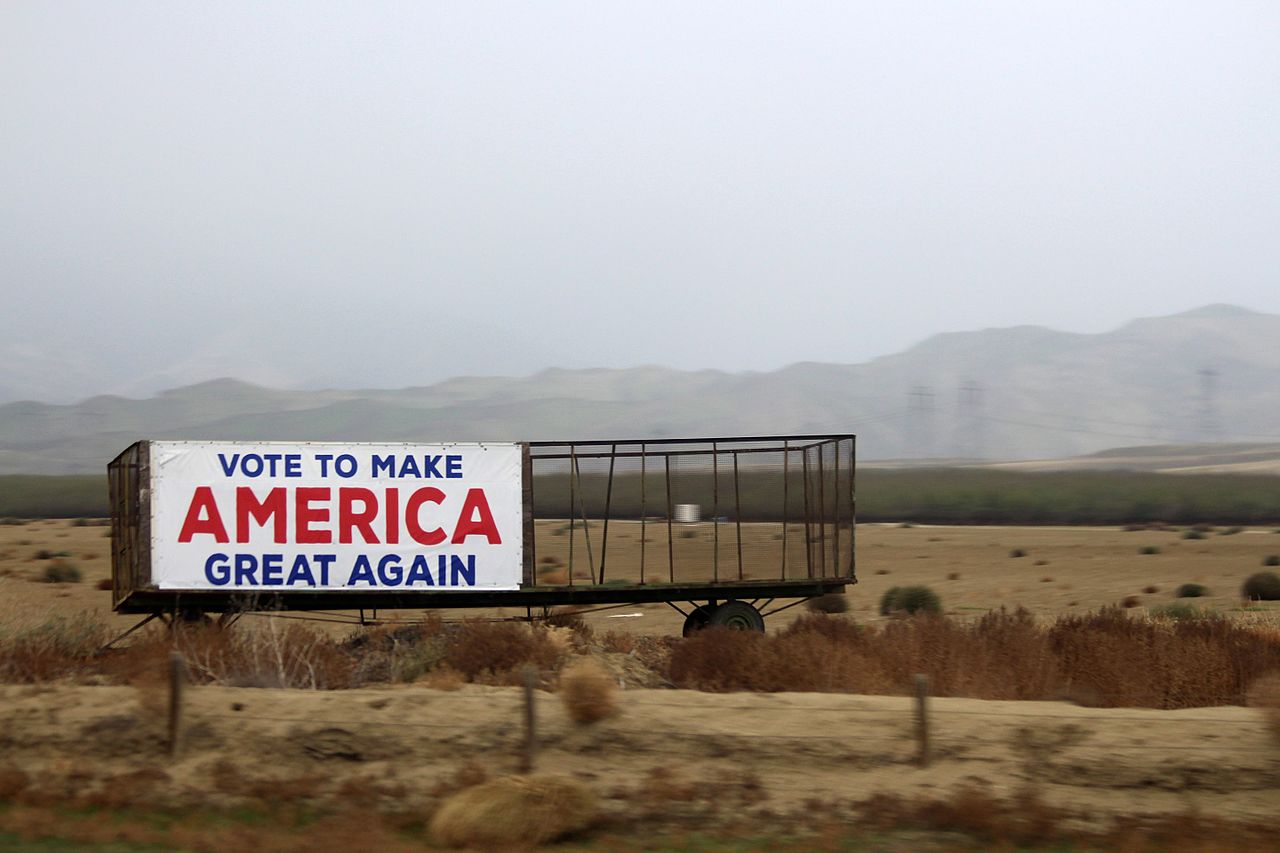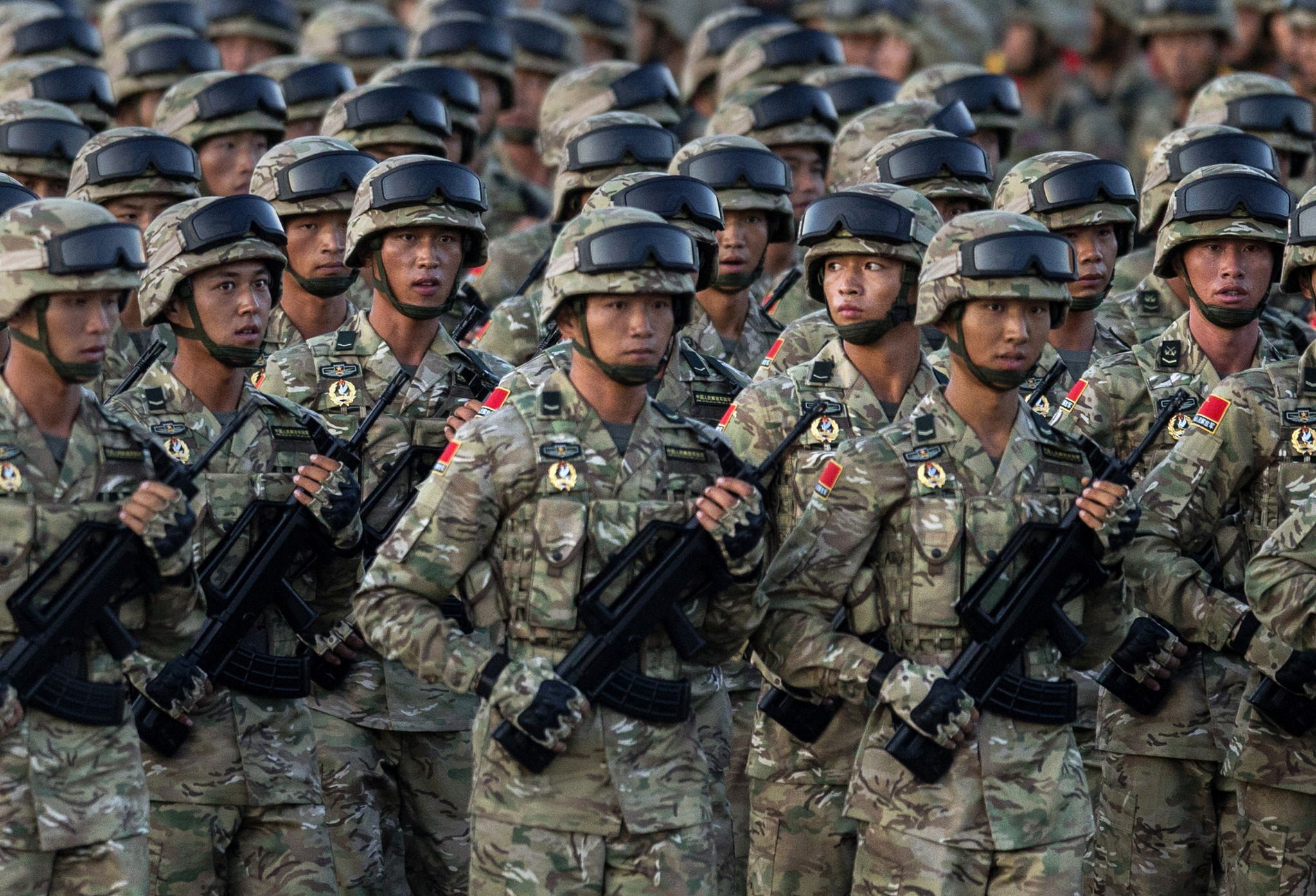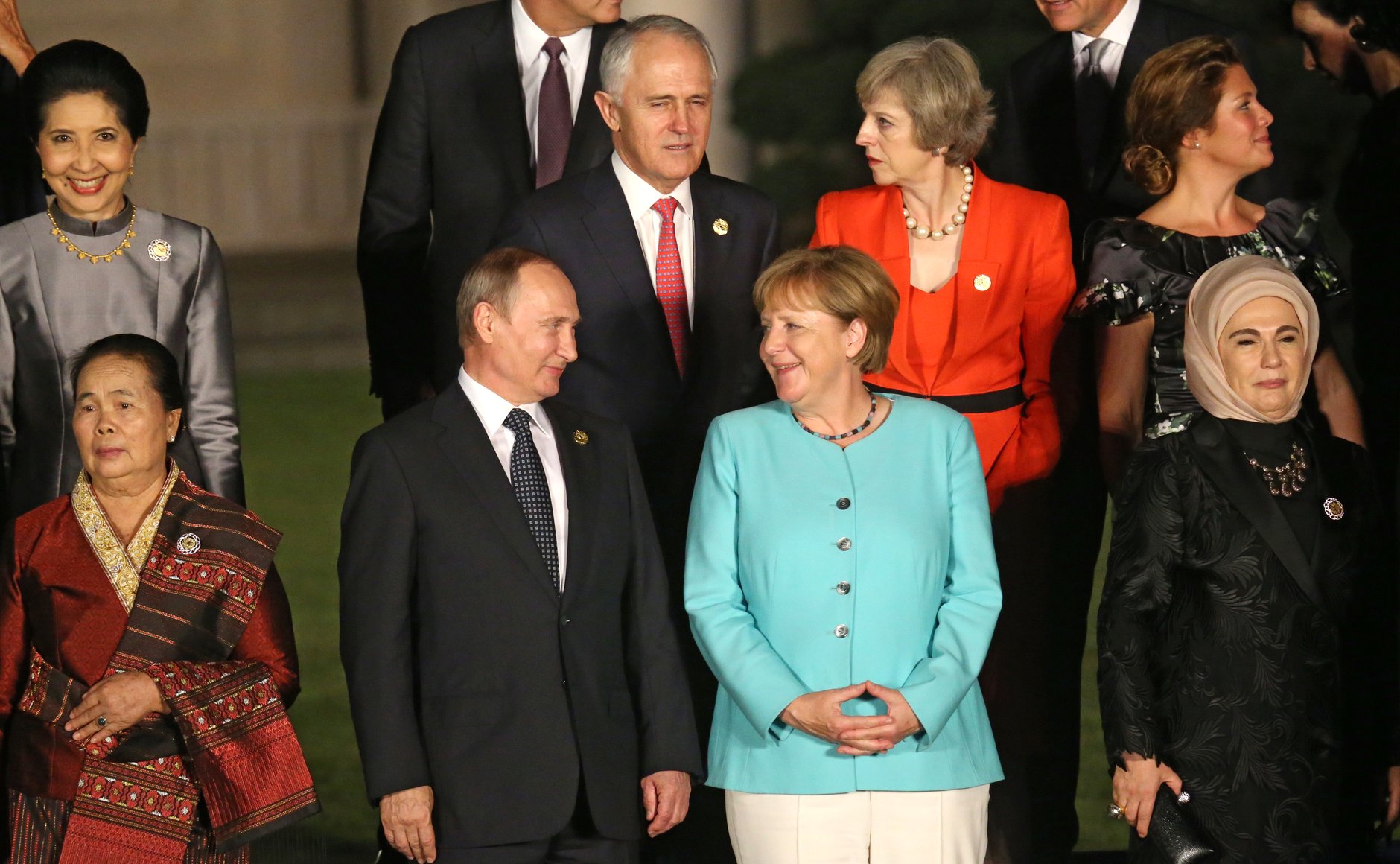Here Are the Biggest Threats to the World, According to Risk Consultants
By:
For the past six years, the Eurasia Group, a political risk consultancy, has warned about the threat of a "G-Zero World" — that is, a planet with no globally recognized leader able to drive the international agenda.
That world is now upon us, or so the group argues in its 2017 Top Risks Report, citing a decline in U.S. power and prestige, the rise of right-wing populism in Europe, continued instability in the Middle East, and the growing power of Russia and China. Above all, though, is the fallout from the U.S. presidential race.
"[W]ith the shock election of Donald Trump as president of the U.S., the G-Zero world is now fully upon us. The triumph of 'America first' as the primary driver of foreign policy in the world's only superpower marks a break with decades of U.S. exceptionalism and belief in the indispensability of US leadership, however flawed and uneven. "
Trump's election and its aftershocks permeate almost every entry on the group's list of the 10 biggest risks facing the world, heightened by the vacuum that would be left by the U.S. renouncing its position as the preeminent leader in diplomacy, trade, and security.
 Quinn Dombrowski/Flickr - flickr.com
Quinn Dombrowski/Flickr - flickr.com
A superpower unmoored from global responsibilities is what the Eurasia Group believes to be the world's biggest risk in 2017. As the report states:
"Trump's pledge to 'make America great again' builds on the most core of American values: independence. For Trump, that means independence from America's responsibility to play an indispensable role in world affairs, shaking off the burdens placed on the U.S. by multilateral institutions and a range of allies."
This rejection of a responsibility could lead to the abandonment of or refusal to sign treaties that don't serve the U.S.'s short-term interests, as well as the weakening of the United Nations and NATO.
The second biggest threat, as the group sees it, is an overreaction by an ascendant China to foreign challenges, a risk heightened by the upcoming meeting of Communist Party leadership, where a new ruling cadre will be selected. This is expected to lead to outward shows of strength as current president Xi Jingping attempts to consolidate power.
 Getty Images - latimes.com
Getty Images - latimes.com
An overreacting Xi and a reactionary Trump colliding over military outposts in the South China Sea, for example, presents a grave threat to world stability, according to the report.
Another world leader facing an election in 2017 is German Chancellor Angela Merkel. Her position has been weakened by the rise of far-right parties exploiting the refugee crisis and Merkel's relatively welcoming stance.
Merkel also has a chilly relationship with both Putin and Trump, and is facing a possible referendum on EU membership in neighboring France.
 Kremlin/Creative Commons - wikipedia.org
Kremlin/Creative Commons - wikipedia.org
Elections bring a risk that those in office won't pursue reforms, and that's the fourth biggest risk the Eurasia Group sees: a general malaise among world leaders, leading to an unwillingness to pursue beneficiary reforms for fear of rocking the status quo. France, Germany, China, and likely South Korea all will be undergoing leadership shuffles in 2017, with Russia due for an election a year later.
Among the other threats posited as grave risks to the world in 2017 are the exacerbation of tensions in the Middle East due to technology; the politicization of central banks in the U.S. and Western Europe; Donald Trump's perceived hostility toward Silicon Valley; rising authoritarianism in Turkey; North Korea's ballistic missile program; and the potential collapse of the South African government.
